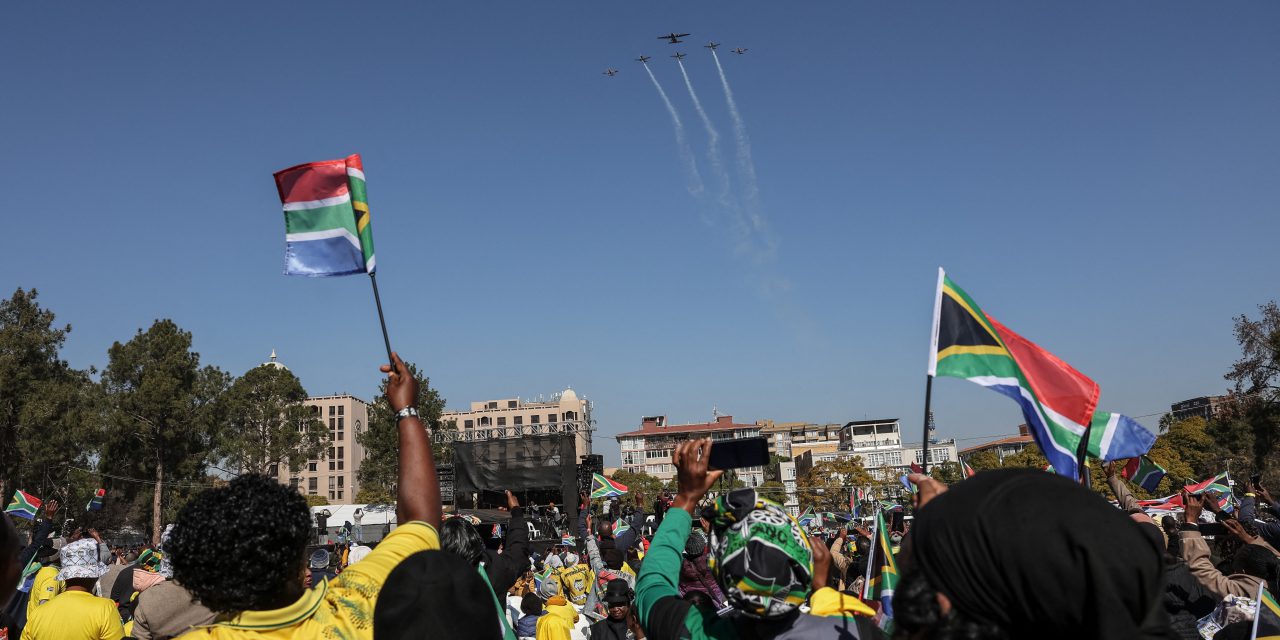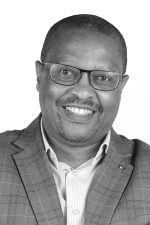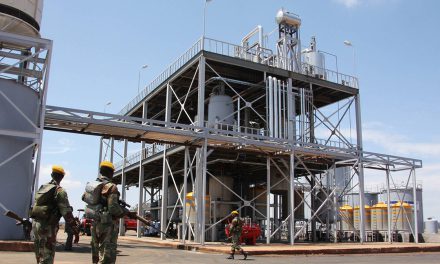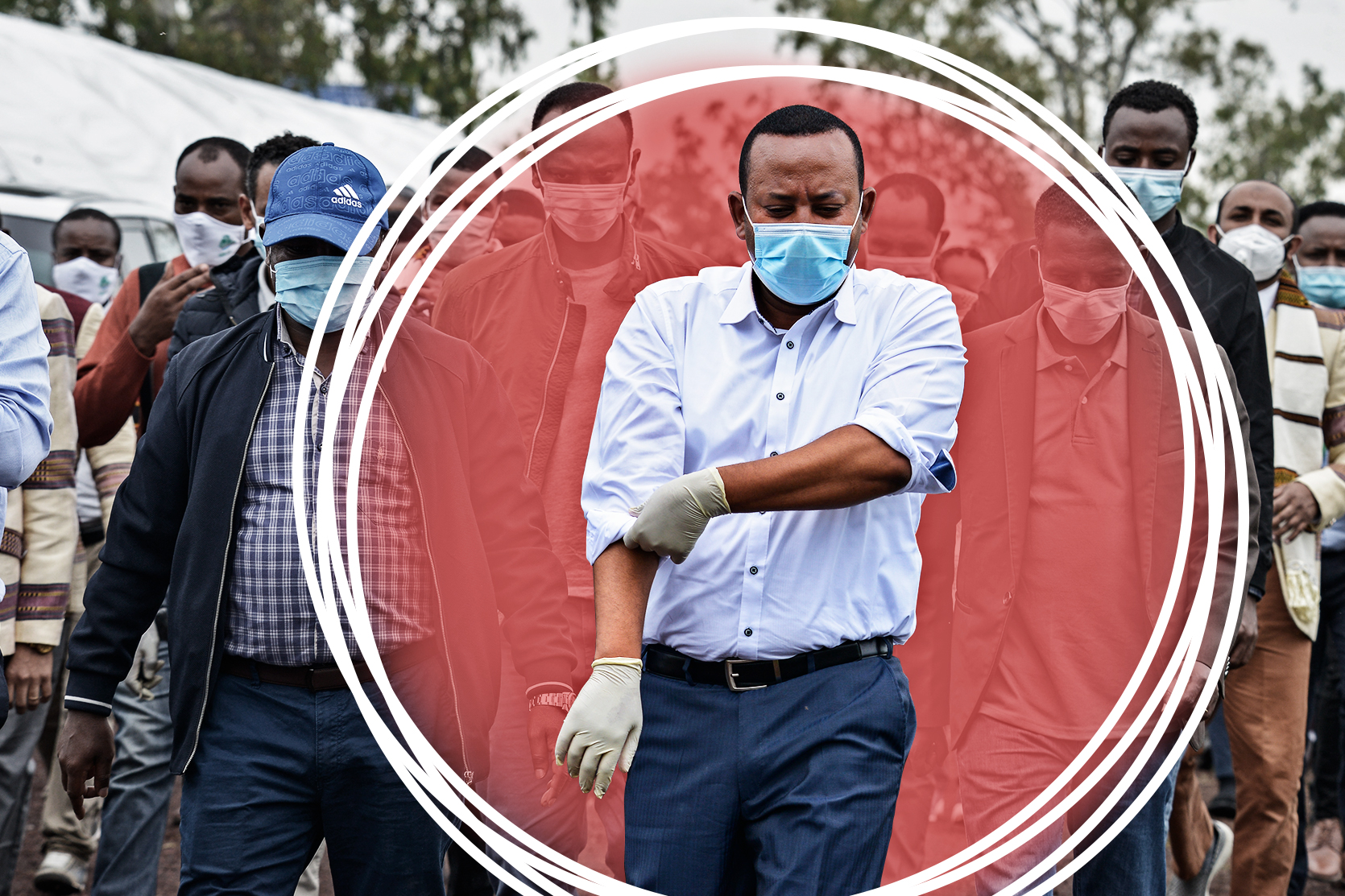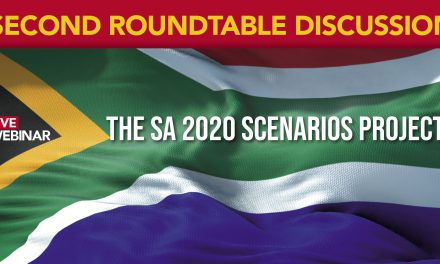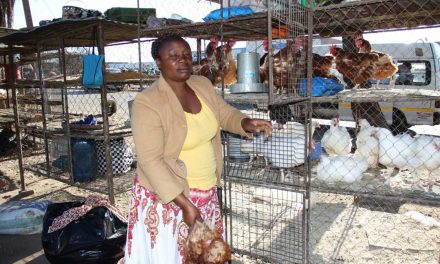Effective governance, infrastructure improvement, and human capital development are crucial for democracies like Nigeria and South Africa to meet the needs of their citizens. Without these elements, democracy fails to improve lives, leading to social discontent and instability.
On 29 May 1999, Nigeria returned to democratic rule and voted for democracy as its preferred form of government as a radical departure from military rule, writes Omano Edigheji in his book, Nigeria, Democracy without Development: How to fix it.
Nigeria’s lesson is simple: “A democracy that is not able to deliver socio-economic benefits will end up in social and political instability … Democracy, simply put, means development. So that a country in which people go hungry is not a democracy”(2020:16).
On 29 May 2024, South Africa’s elected leadership has an opportunity to depart from corruption and decisively return to clean governance, where democracy will deliver developmental dividends for its down-trodden people. The democratic benefits, such as political rights, civil liberties, and human rights, have been overshadowed by its deficits, such as poverty, crime, and underdevelopment in South Africa.
Harvard Scholar Pippa Norris found in her study, titled ‘Making Democratic-Governance Work: The consequences for Prosperity‘, that “development goals are most often achieved under two conditions: first, where democratic institutions and procedures strengthen voice and accountability, providing opportunities for all citizens to express their demands and to hold elected officials to account for their actions, and second, where the capacity of governance is strengthened so that the state can manage the supply of public goods and services’.
Democratic electoral processes are crucial in that they empower people by giving them a voice to decide on their political leadership. But for the majority of South Africans, joblessness and abject poverty remain the bane of their existence, despite having voted since 1994. As a result, service delivery protests punctuate the lives of poor citizens and disrupt economic activities, because our governance is so weak that it does not deliver good-quality public goods and services that people are entitled to in terms of the constitution.
The Afrobarometer Network Policy Paper No. 85 of January 2023, entitled ‘Africans want more democracy, but their leaders still aren’t listening’ states that “democracy is losing ground in Africa”. South Africans share the perception, with the rest of the citizens of the continent, that “widespread and worsening corruption is particularly corrosive, leaving people increasingly dissatisfied with political systems that are yet to deliver on their aspirations to live in societies that are democratically and accountably governed. And although citizens find myriad ways to voice their concerns, they feel that their governments are not listening”. The crisis of a democracy devoid of developmental outcomes for the poor makes people indifferent to democratic projects until they see them materially change their lives.
A discussion paper titled ‘Democracy and Development: The Role of the UN’, from roundtable discussions coordinated by the United Nations and International IDEA, asserts that: “development also matters for democracy. The lack of development in the form of economic stagnation, persistent inequalities and/or deep poverty, can result in undermining people’s faith in formal democratic systems of government, even in countries or regions where these systems were considered well consolidated.
It is a reality that democracies do not always deliver development at the level and pace expected by citizens. Furthermore, formal and essential democratic processes such as the organising and holding of regular, competitive elections—often strongly favoured by international donors in their democracy assistance—on their own, are not enough to improve the lives of the poor.”
This means that the new government that will emerge out of 2024 elections has a more urgent obligation to prioritise the delivery of real development for the citizens of our country than any other in the past. Otherwise, our country will be doomed for a long time to come.
People have a right to development and this is asserted by international treaties. The United Nations Declaration on the Right to Development unequivocally establishes development as a right and puts people at the centre of the development process. The ground-breaking document, adopted by the United Nations General Assembly on 4 December 1986, declared that everyone is ”entitled to participate in, contribute to, and enjoy economic, social, cultural and political development, in which all human rights and fundamental freedoms can be fully realised.”
For its part, the African Charter On Democracy, Elections And Governance preamble emphasises “the significance of good governance, popular participation, the rule of law and human rights”. Both these documents assert the role of good governance in unlocking development that would improve the lives of people.
The World Governance Survey reported in 2008 (Hyden et al) found that “development progress was best explained by the quality of governance in a country across six domains: civil society, ‘political society’, government effectiveness, bureaucratic quality, economic society, and the judiciary. The Survey stressed the view that good governance is in fact a linchpin for development, especially controls on corruption.”
Sadly, even with these declarations, it appears as if electoral democracy has not served Africa, much less South Africa. Electoral democracy has delivered human rights and civil liberties, but not development. As a result of this, people are prepared to forgo those rights in pursuit of development.
What must be done then? The Director of Political Affairs of the African Union, Kabele Matlosa, believes that “whatever model of democracy we can conceive for Africa, it must be a democracy that addresses the basic needs and fundamental rights of Africans first and foremost … this is simply because people do not eat democracy. People eat food … Africa does not need democracy for democracy’s sake. Africa therefore needs democracy for food and for development’s sake” (quoted in Edigheji,2020: 18).
This necessitates an array of social and economic reforms whose adoption is widely perceived as being necessary for the establishment of a just social order. Equally important is the cultivation of human capabilities and potential. Brian Keeley argued this point very well when he said, “economic success crucially relies on human capital—the knowledge, competencies, and attributes that allow people to contribute to their personal and social well-being as well as that of their countries.
Raising human capital does not only refer to education and training, but also to the improvement of health levels , community involvement and employment prospects. Focussing on the consistent development and upgrading of human capital at a national level should be a priority”.
Another area of focus should be infrastructure development. We have all seen horrific pictures and videos of poor people being helped to cross flooding rivers in the rural areas of the Eastern Cape. We have seen damaging potholes across cities and towns. We experience water and electricity load-shedding.
All these problems require the government to allocate resources to improve public infrastructure and, in the process, eliminate tender fraud and corruption. Qualified companies must be given the work and deliver projects within scope, budget and time specifications. If we are to restore the true meaning of democracy to our society, load-shedding, crime, corruption, and administrative ineptitude must be dealt with decisively, and quality services must be delivered.
Edigheji is correct when he says, “in the absence of social and economic justice, there is no equality in liberal democracy. Democracy requires that all citizens have equal access to the basic essentials of human needs … Democratic citizenship is undermined if there is too great a contradiction between the egalitarian norms of democratic polity and the inequalities of individuals and groups in civil society.
Glaring inequalities undermine democracy in two basic ways; first by fueling social discontent and political instability, and second, through the persistence of poverty by excluding more or less extensive sections of the population from access to the political process and its fruits” (2020:19). If there is any doubt about the seriousness of the threat poverty, desperation and criminality pose for our democratic state, the July 2021 unrest puts paid to it.
Just like in Nigeria, the struggle for democracy in South Africa was not just to do away with military dictatorship, or just to do away with racist apartheid rule. It was a struggle for qualitative improvement in the living conditions of the majority.
Therefore the quest for democracy cannot be separated from the quest by citizens for improved livelihoods and enhanced human wellbeing. The elected government must use good governance as a key in the hand of democracy to unlock the doors of development delivery for the improvement of the lives of citizens and government effectiveness.
Good governance means the effective use of available state material, and constitutional and legislative resources to improve the lives of citizens and create a conducive environment for businesses and people to thrive. It also means ethical and effective leadership, which highlights the importance of integrity and competency. It is only when democracy yields development driven by capable leadership that people’s lives will be improved.
Lonwabo Patrick Kulati is the Chief Executive Officer of Good Governance Africa’s (GGA) Southern Africa Regional Office (SARO). He has a strong history of leading international NGOs and driving organisational growth, effectiveness and profitability. He also has expertise in strategy development and execution, leadership coaching, fund development, stakeholder management, advocacy and partnership cultivation. Patrick is also a published author of "A Gap in the Cloud," providing valuable insights and inspiration on personal and leadership resilience. He holds a Master’s degree in Public Administration from the University of Stellenbosch.

